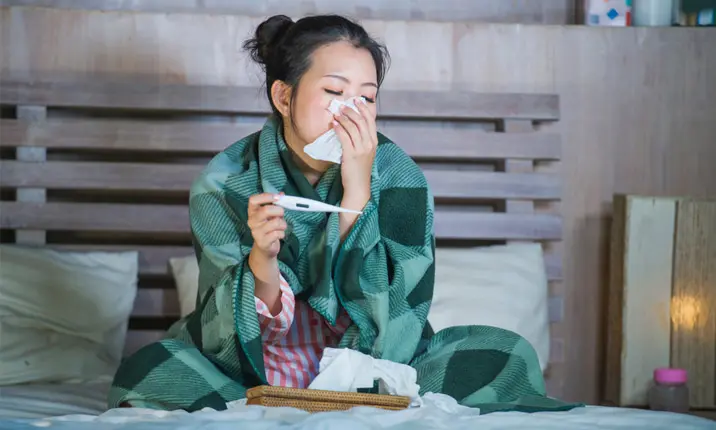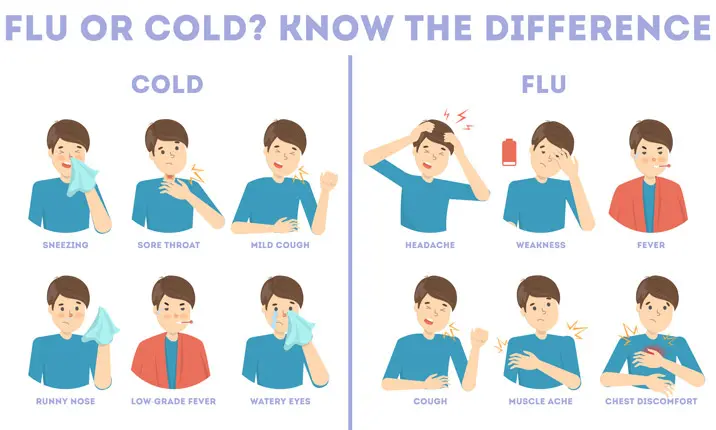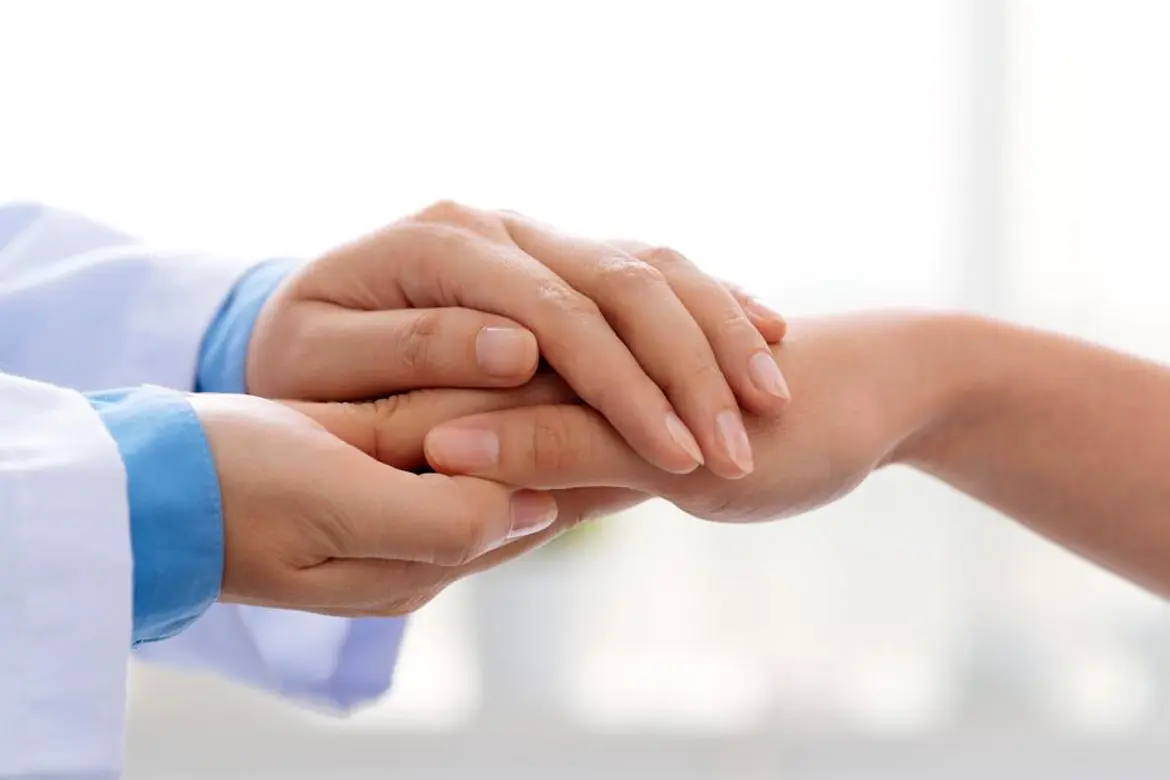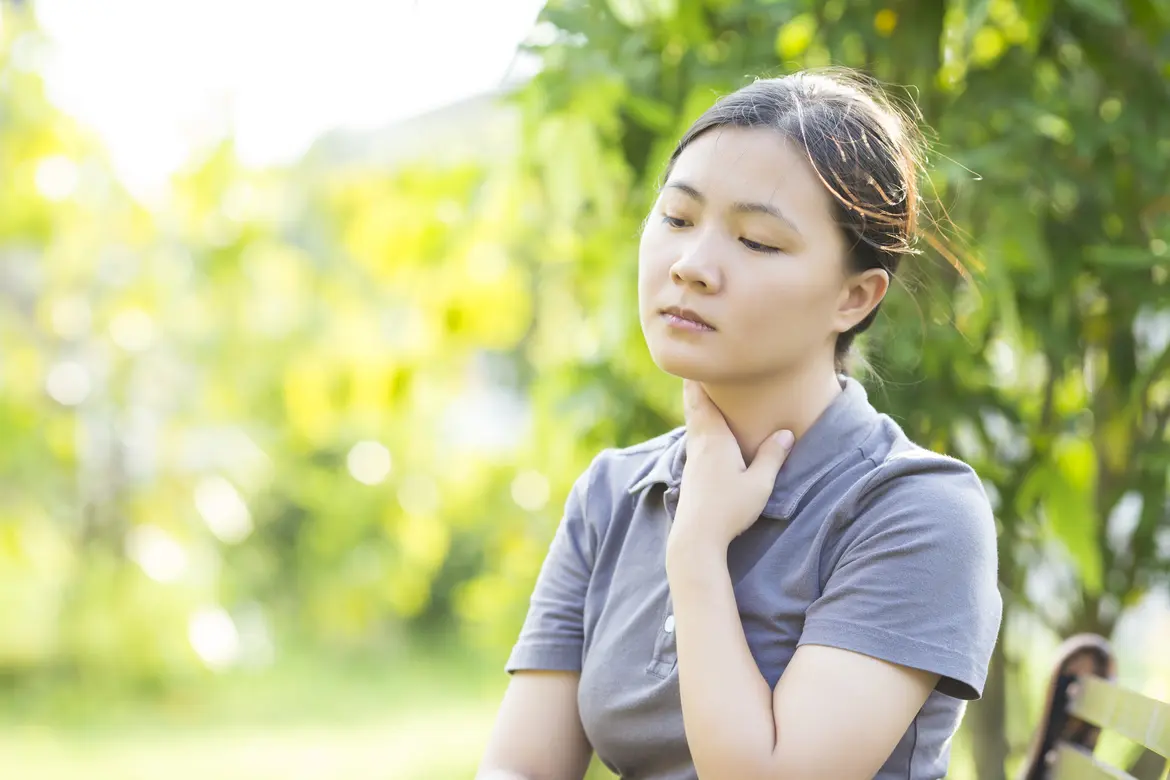It’s coming up to the winter holiday season. If you are planning to holiday in a colder climate, you may worry that being exposed to the sudden change in temperature puts you at a greater risk of falling sick.
The good news is that this is not true.
Sudden exposure to colder weather does not make you sick in itself. You need to be exposed to bacteria or viruses for this to happen. The bad news is that the change in humidity can weaken your immune system, make you more susceptible to germs and viruses you may encounter, and increase the likelihood of you getting sick.
Why is this so?
You’ve probably experienced how your skin tends to be drier in colder climates. Your eyes, lungs and the mucous membranes in your nose also dry out in a low-humidity environment and this lowers your defence to bacteria and viruses. Also, viruses tend to survive and multiply more easily in colder temperatures, further increasing your risk of falling sick.
Adding insult to injury, the cold temperature also breaks down the particles we expel from our nose and mouth whenever we cough or sneeze, making it easier for others to inevitably inhale. This makes it easier to spread a virus from one person to another. Conversely, in areas with higher humidity, these particles stay larger, reducing the probability of infection.
What causes a weakened immune system in colder climates?
In colder weather, your immune system is likely to weaken due to:
- Lower vitamin D levels. You get vitamin D from the sun. In winter, and the corresponding shorter days, the reduced exposure to the sun can also reduce your levels of vitamin D. Vitamin D is vital to helping you maintain a strong immune system.
- More time indoors. People tend to spend more time indoors during winter months, and viruses spread more when people are in close proximity in an enclosed environment.
- Lower temperatures. A 2015 study suggests that the cells in your airways have a decreased immune response to rhinovirus in colder temperatures. Rhinoviruses also may replicate more efficiently at temperatures lower than 37°C. As the temperature inside the nasal cavity is approximately 33°C in cold weather, it creates an ideal breeding ground for rhinoviruses. One study also showed that the majority of infections occurred in temperatures at 0°C and below, while flu viruses thrive at 5°C.
- Blood vessel narrowing. Breathing in cold and dry air results in the narrowing of blood vessels in the upper respiratory tract to conserve heat. White blood cells may have difficulty reaching the mucous membrane, making it harder for the body to fight off germs.
How to lower your risk of falling sick
Some ways to avoid getting sick while on holiday this winter include:
- taking vitamin D supplements or eating foods that are high in vitamin D, such as fatty fish, mushrooms and eggs
- getting plenty of rest or sleep
- staying hydrated
- maintaining good hygiene such as washing your hands regularly and sneezing or coughing into a clean tissue
- avoid sharing food, drinks, crockery and utensils with people who have a cold or the flu
- get a flu vaccine
- run a humidifier to increase the humidity indoors
What are some differences between a cold and a flu?
| Symptoms | Cold | Flu |
|---|---|---|
| Fever | rare | common |
| Chills | rare | common |
| Aches | slight | common |
| Sneezing | common | occasional |
| Sore throat | common | occasional |
| Stuffy nose | common | occasional |
| Cough | mild to moderate | common |
| Headache | rare | common |
Source: Centers for Disease Control and Prevention, National Center for Immunization and Respiratory Diseases (NCIRD)
When to see a doctor
Bacteria and viruses cause colds and the flu, not the weather. However, exposure to cold weather can increase your risk of catching a virus, which spread more effectively in cold weather. The decreased humidity also reduces your immune response, making it harder for your body to fight off germs and viruses when you are exposed to them.
If you get sick, don’t ruin your holiday by suffering through. Seek medical attention at the nearest clinic or Urgent Care Centre (UCC) to alleviate your symptoms.













